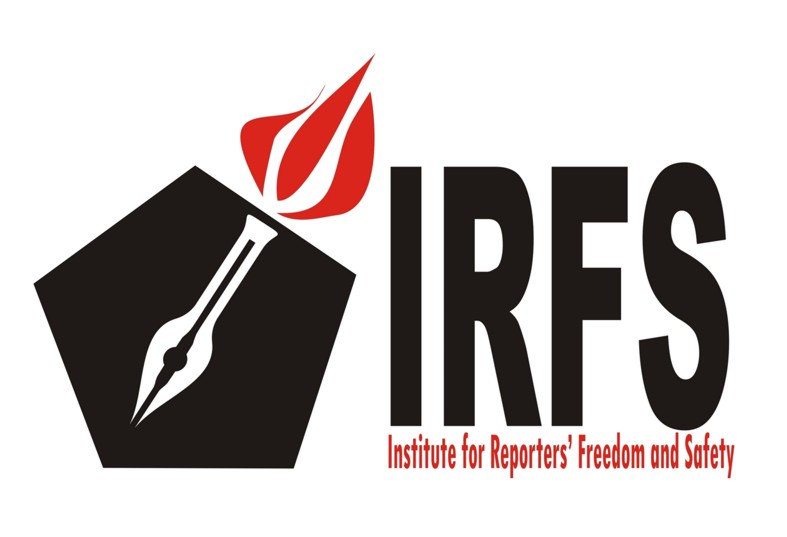 To: Eastern Partnership Civil Society Forum Participants
To: Eastern Partnership Civil Society Forum Participants
As you gather to meet and gain contacts and work to improve Civil Society in the context of the Eastern Partnership, IRFS would like you to be made aware of the current conditions of Civil Society and Media in Azerbaijan.
The work of journalists in Azerbaijan has been and continues to be perilous. The murder of Monitor Magazine Editor-in-Chief Elmar Huseynov, who was shot to death in front of his apartment on 2 March 2005, is still unsolved, and the perpetrators have still not been brought to justice. In addition, this past August, Novruzali Mammedov died in prison due to medical negligence, turning his politically motivated prison term into a death sentence.
Today there are seven wrongfully imprisoned journalists in Azerbaijan. Eynulla Fatullayev, Ganimat Zahid, and Mushfig Huseynov were convinced on spurious charges and sentenced to lengthy prison terms.. Sardar Alibeyli and Faramaz Novruzoglu were convicted of defamation charges and sentenced to four months and three months imprisonment respectively. On top of that, this past week, two youth bloggers – Alumni Network Youth Organization Coordinator Emin Milli and OL Youth Organization co-coordinator Adnan Hajizade were sentenced to 2.5 years and 2 years respectively due to critical material about the Azerbaijani government they placed on the internet. Fatullayev and Zahid, and most recently Milli and Hajizade have been labeled prisoners of conscience by Amnesty International.
From the beginning of 2009, Voice of America (VOA), Radio Free Europe/Radio Liberty (RFE/FL), and the British Broadcasting Company (BBC) all have been forced to stop broadcasting their radio signal here. The situation is just as grim in the Television Sector. Azerbaijan has three TV stations that are funded through the state budget all which fail to reflect the broad spectrum of views of the Azeri people. On three occasions this past Spring, mass media laws were changed, and the Azerbaijani Constitution amended to curtail the work of Azerbaijan’s mass media and NGOs.
No election that has been conducted in Azerbaijan since 1995 has been considered free or fair, including the most recent presidential election in October 2008. The ruling party does not allow for the opposition to effectively operate, or assemble and protest. They recently drafted a Constitution change that eliminates term limits for consequent presidential terms. There are no established opposition parties represented in commissions at any level.
The Center for Election Monitoring in Azerbaijan was closed in the Spring of 2008, preceding the presidential elections. The Justice Ministry filed three lawsuits, and was finally able to successfully have their registration as a Civil Society Organization rescinded. At that time, the government began to seek to change CSO laws to worsen the conditions for those organizations here. This continues in 2009, as the Justice Ministry is seeking to close other organizations as well. They came to IRFS two weeks ago to “investigate” with less than a day’s notice.
Western and Eastern European countries often assess their ties with Azerbaijan with respect to its energy resources, but they must also consider other factors. Azerbaijan has a long way to go in improving democratic values, the rule of law and the respect for human rights. I ask you to address these issues to representatives from your respective governments, and encourage them to work with representatives of Azerbaijan’s government to eliminate these negative trends in Azerbaijan.
Respectfully,
Emin Huseynov
Chairman, Institute for Reporters’ Freedom and Safety

